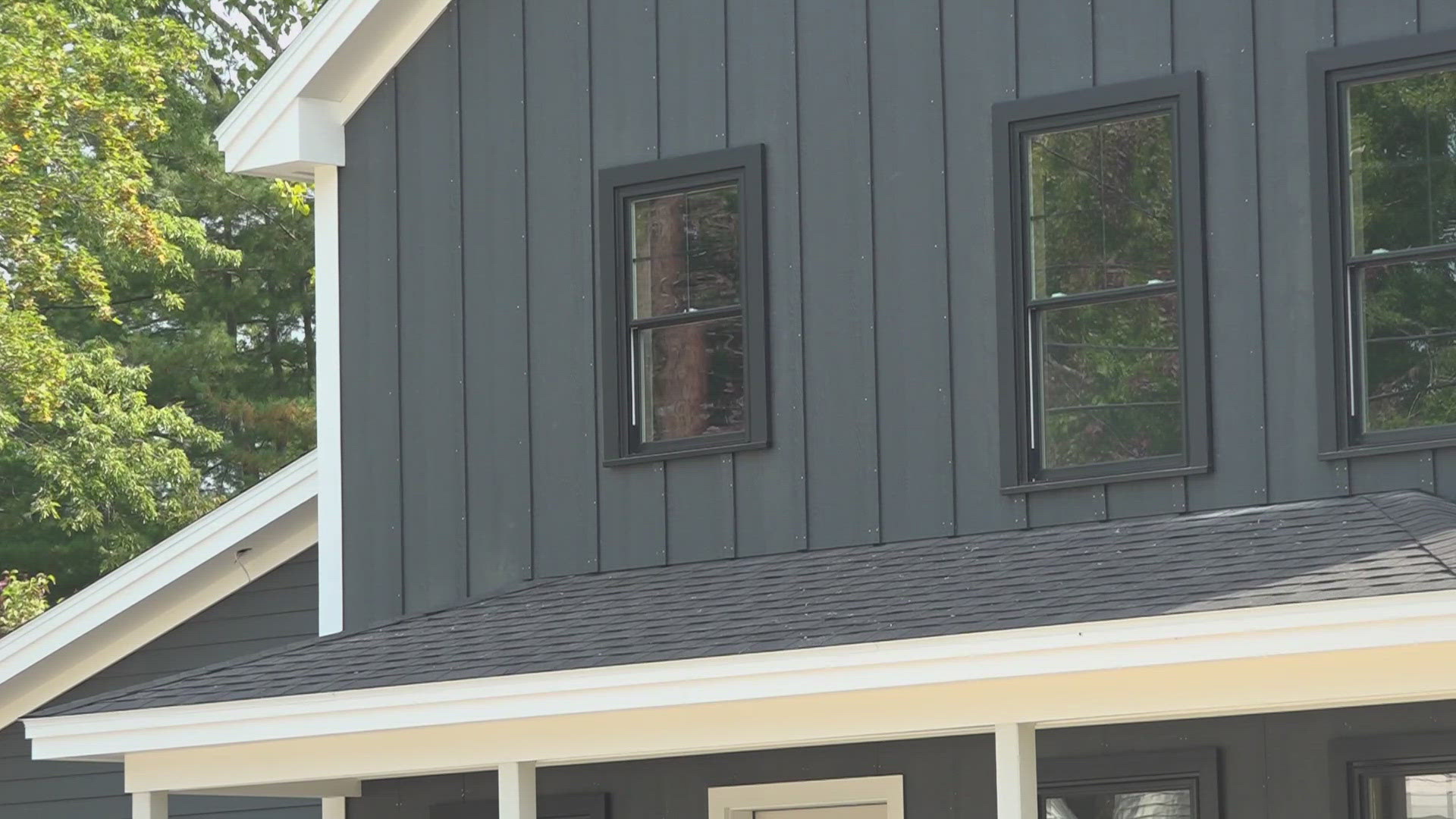WESTBROOK, Maine — Many Mainers across the state are looking at their property tax bills and wondering how they will find the extra money in their income to pay for the increases. Others are confused about why property taxes have skyrocketed.
Property values in neighborhoods across the state have increased, making property taxes soar, but increases in municipal spending also contribute to property tax increases.
Westbrook is just one community of many throughout the state that has seen property taxes increase exponentially. City administrator Jerry Bryant said increases in municipal spending can account for the drastic changes.
"The bottom line is that we increased spending significantly," Bryant said. "Our overall spending between municipal and school operations is in the 14.5 percent range."
According to Bryant, the city has to account for those increases through property taxes. The increases in city spending were comparable to the baseline increase in property taxes, which at minimum was also about a 14.5 percent increase. Some homeowners in the city saw their property taxes increase by $500 to $1,000 or more.
With inflation still raging, Bryant explained it costs more each year to run municipalities.
"The biggest single increase in educational and municipal budgets is personnel—the cost of personnel, wages and benefits," Bryant said.
Money from property taxes funds repairs to sidewalks and infrastructure, local police and fire departments, schools, General Assistance services cities and towns provide, and more.
"Expenses grow. Service demands increase," Bryant said. "The thing that people can't handle are sudden changes, and that's exactly what we're having this year."
Bryant said the problem can't simply be resolved by cutting back on services.
"You can't cut General Assistance. That's a legal obligation. And no matter what the bill is, we have to pay it," Bryant said. "You can't cut education, not that we would want to, but you can't. Do we want to rely on Cumberland County to provide law enforcement services to the city? That would be a very significant reduction in service levels, certainly. I don't think most people want to put themselves at those types of risk."
Instead of cutting services, Bryant said city leaders are finding that contracting some services out, like trash collection, is cheaper than managing them in-house.
Despite trying to find ways to decrease city spending, Bryant said depending on property taxes to fund local government services is not an ideal process or fair to taxpayers.
In nearby South Portland, homeowners there also saw large increases in their property taxes. However, the increases in that community were more heavily impacted by rising property values.
Richard Matthews, city councilor at large, said regardless of city spending not being the biggest contributing factor to property tax increases in South Portland, there was still a 4.9 percent increase in the city's budget this fiscal year.
"I know people are upset," Matthews said. "They say we need to have a tighter budget—we need to have a tighter budget. I hear you."
Many homeowners want to see municipal leaders better control factors that impact property taxes. Matthews said he believes municipal leaders need to come together to press state leaders to make changes to the process.
"This is affecting every community in Maine," Matthews said.

